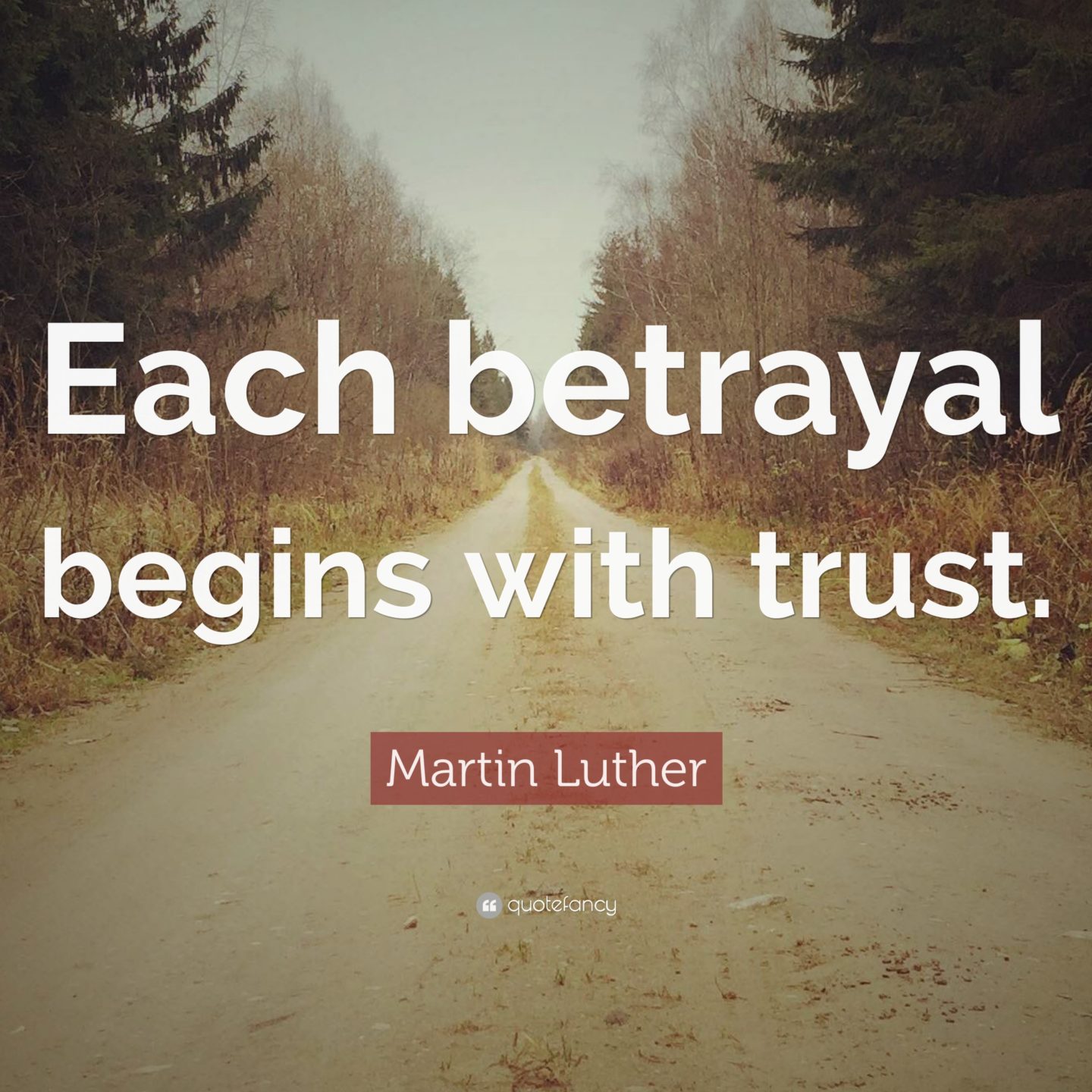Betrayal is a big word. While it’s more often heard in TV dramas than in professional settings, it is nonetheless ever present in the social good sector.
Promises aren’t kept. Colleagues let you down. Ideals are doused. Results are disappointing.
 Lately I’ve been thinking a lot about what it takes to pick ourselves up, after giving our all. Betrayal appears in our lives and in our work, because we are not organizations, or plans, or structures, or programs. We are a group of humans. Not one of us is infallible. Nothing worth doing is without risk. Betrayal is just part of the package.
Lately I’ve been thinking a lot about what it takes to pick ourselves up, after giving our all. Betrayal appears in our lives and in our work, because we are not organizations, or plans, or structures, or programs. We are a group of humans. Not one of us is infallible. Nothing worth doing is without risk. Betrayal is just part of the package.
They don’t tell us that when the going gets tough, the organization that we have made sacrifices for will not back us when we’re the ones in need. They don’t tell us that our “perfect” boss will eventually fall off the ridiculous pedestal where we placed them. They don’t tell us that we will betray ourselves, sacrificing too much of our own priorities.
Betrayals are inevitable if we are sincere in our work. Betrayals are the result of vulnerability and loyalty and believing in something bigger than ourselves. Betrayal is about a pierced heart, a loss of trust.
So here are the questions for us do-gooders:
Can we let our hearts be broken? Is this the essence of resilience? What can I learn from this? How do we begin again, stronger, after each betrayal?
Poet David Whyte offers the only way I know. He writes, “Forgiveness is a skill, a way of preserving clarity, sanity, and generosity in an individual life…the identity of the one who must forgive is actually founded on the very fact of having been wounded.” Without it, we risk bitterness and cynicism. The social good sector already has enough of that.
What makes you choose to forgive and try again, knowing that you will be betrayed…again?
***
Related Posts
Philanthropists, nonprofits need you to be brave
The practice of global solidarity
What advice would you give to new global development students?
Admitting failure, proposing change
Is the aid architecture crushing young aid workers?


Geesh, Jennifer. Talk about putting your finger on my wound and then sticking your hold hand in and grabbing my guts and squeezing them mercilessly.